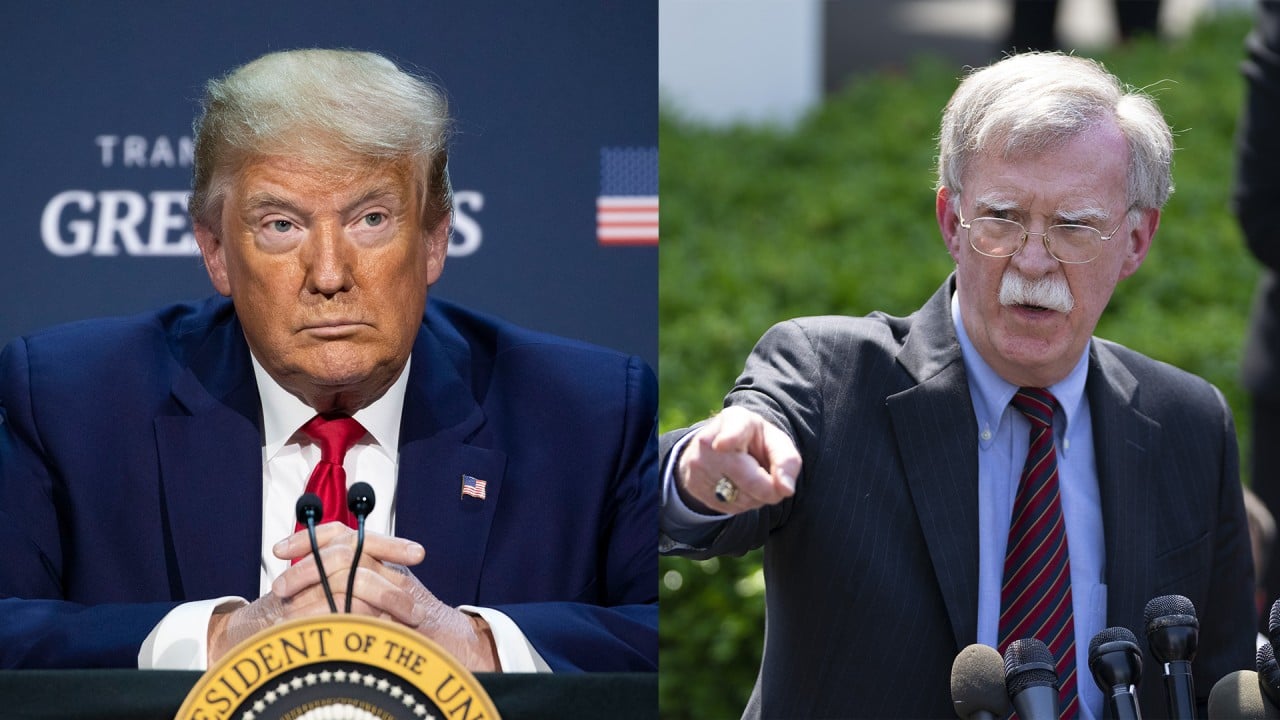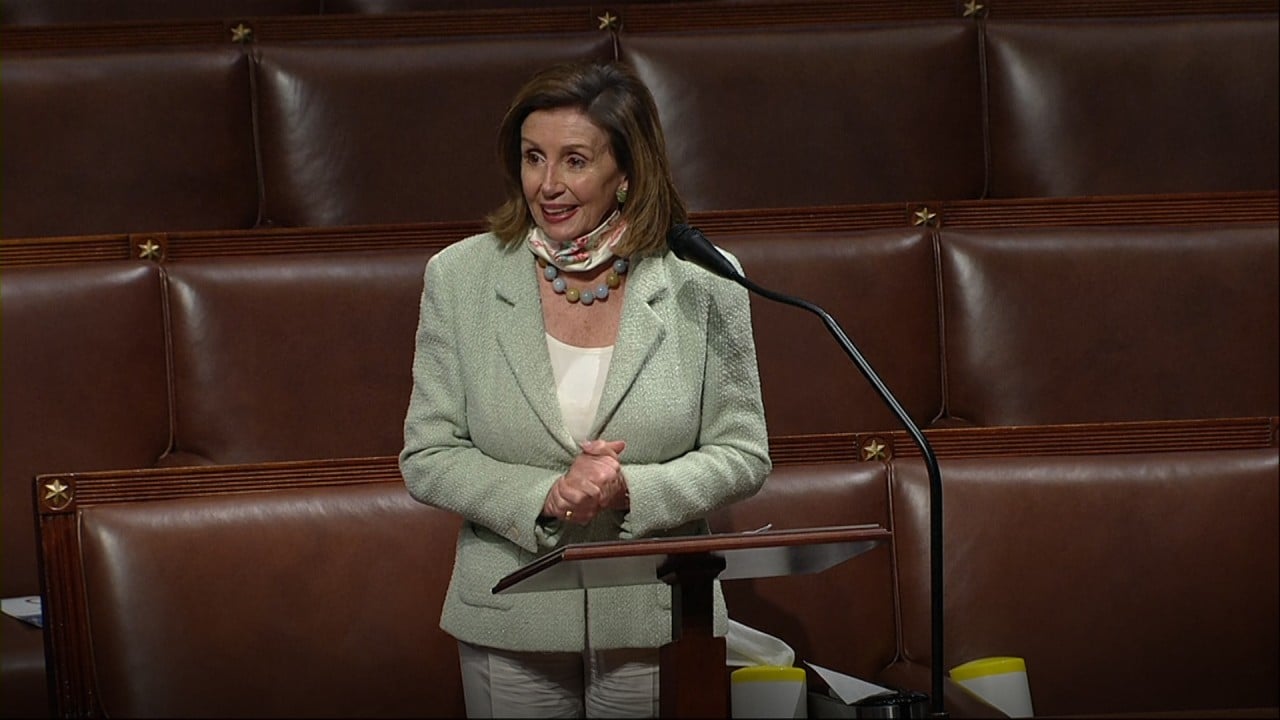
How the US, under Trump, has led the charge to weaken international rule of law
- In the past, the US made great contributions to the world. Today, Trump seeks to ‘make America great again’ by destroying law and order at the international community’s expense. Sadly, American interests are likely to continue to win out
International politics has always been a dominant factor in determining the adoption, application, interpretation, modification or violation of international law. For legal realists, the law is thus viewed as secondary to politics.
To the dismay of idealists who value the role of international law and institutions, this assessment may never lose its validity. History has repeatedly encountered dark hours when politics – illegal use of force, abuse of power, unwarranted interference and so on – subdues the rule of law. In worst-case scenarios such as the two world wars, the international system crumbled.
We do not live in a lawless world today, but there is mounting evidence that we are once again in a period of less-effective international rule of law. We are witnessing a reckless offensive against international law and order, launched by the United States, the world’s remaining superpower, on a historic scale.
Start with the 2003 invasion of Iraq, which US President Donald Trump reminded us of recently. The whole world knew long ago that the US fabricated lies that Iraq had weapons of mass destruction in violation of UN resolutions.
But 17 years after the US-led “liberal” states including Britain, Australia, Poland and Denmark invaded Iraq without the UN Security Council’s authorisation, none has apologised for the illegitimate war against a sovereign state that killed thousands of civilians and produced millions of refugees and a state of disrepair for decades.
Even Trump finally admitted this by accusing former secretary of state Colin Powell of getting “the weapons of mass destruction” totally wrong.

01:34
Trump ‘pleaded’ for China to help him get re-elected, writes former US adviser Bolton in new book
The illegitimate Iraq war merely opened Pandora’s box. Since then, the US has led its allies in interfering in the internal affairs of many sovereign states around the globe in the name of promoting human rights and democracy.
The rest of the world has long called out: aren’t the principles of sovereignty and non-interference in member states’ internal affairs written into the UN Charter? But for the US and its liberal interventionists, the politics of human rights and democracy prevail over basic principles of international law, especially when such politics serve their agenda.
When China, facing a crisis of national security and unity, defended itself with the announcement of a new national security law for Hong Kong, the US and its allies immediately accused Beijing of undermining the principle of “one country, two systems”.

03:21
US House of Representatives sends Uygur Human Rights Policy Act to Trump’s desk for approval
The US is changing beyond recognition. In the past, it made great contributions to the world in designing and building a new international order out of the ruins of World War II.
Today, Trump’s “America first” doctrine seeks to make his nation great again by destroying that order at the international community’s expense. Sadly, American interests are likely to continue to win out and weaken international law and order, with no end in sight.
The international legal community should be on alert. Only with a solid defence of international law and principled practice can we hope to reverse this destructive trend.
Dr Xu Xiaobing is associate professor of law at Shanghai Jiao Tong University KoGuan Law School

